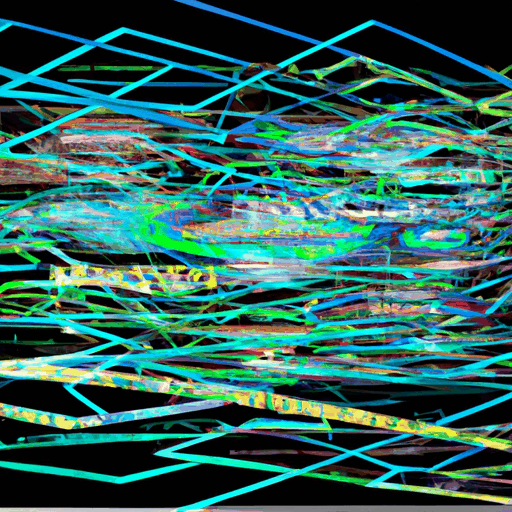
EU Sanctions Crypto Networks Over Election Interference and Disinformation Campaigns
By: Isha Das
In a strategic move to curb meddling in democratic processes and combat disinformation, the European Union has announced sanctions against multiple entities and individuals involved in using cryptocurrencies to bypass restrictions and facilitate propaganda operations. This initiative was formulated under the EU’s Common Foreign and Security Policy, where nine individuals and six entities have been highlighted, accused of channeling funds to fuel pro-Russian narratives.
At the center of this crackdown is the notorious figure Simeon Boikov, often recognized by his online persona 'AussieCossack'. Boikov has been linked to the spread of fabricated content aimed at disrupting electoral processes, most notably a forged video relating to the 2024 US elections. His operations have extensively utilized both cash contributions and digital currencies, as detailed in a report by TRM Labs. This approach allowed him to deftly maneuver around existing financial safeguards, further exacerbating the spread of misleading information.
The named entities, including A7, a crypto network implicated in election interference activities, face heightened scrutiny and pressure with these latest sanctions. Observers note that the EU's measures aim to push third countries into prioritizing their international agreements and access with European nations over engagements with these sanctioned actors. This illustrates an aggressive diplomatic posture by the EU, emphasizing the complexities of geopolitical relations in the digital era.
These developments come amid increasing concerns about the role cryptocurrencies play in international finance, especially how they can be exploited to elude regulatory frameworks and facilitate clandestine operations. With the sanctions now in place, the EU seeks to send a decisive message, warning actors attempting to destabilize political landscapes through technological channels.



